Editorial
FG’s Safety Net For Indigent Nigerians
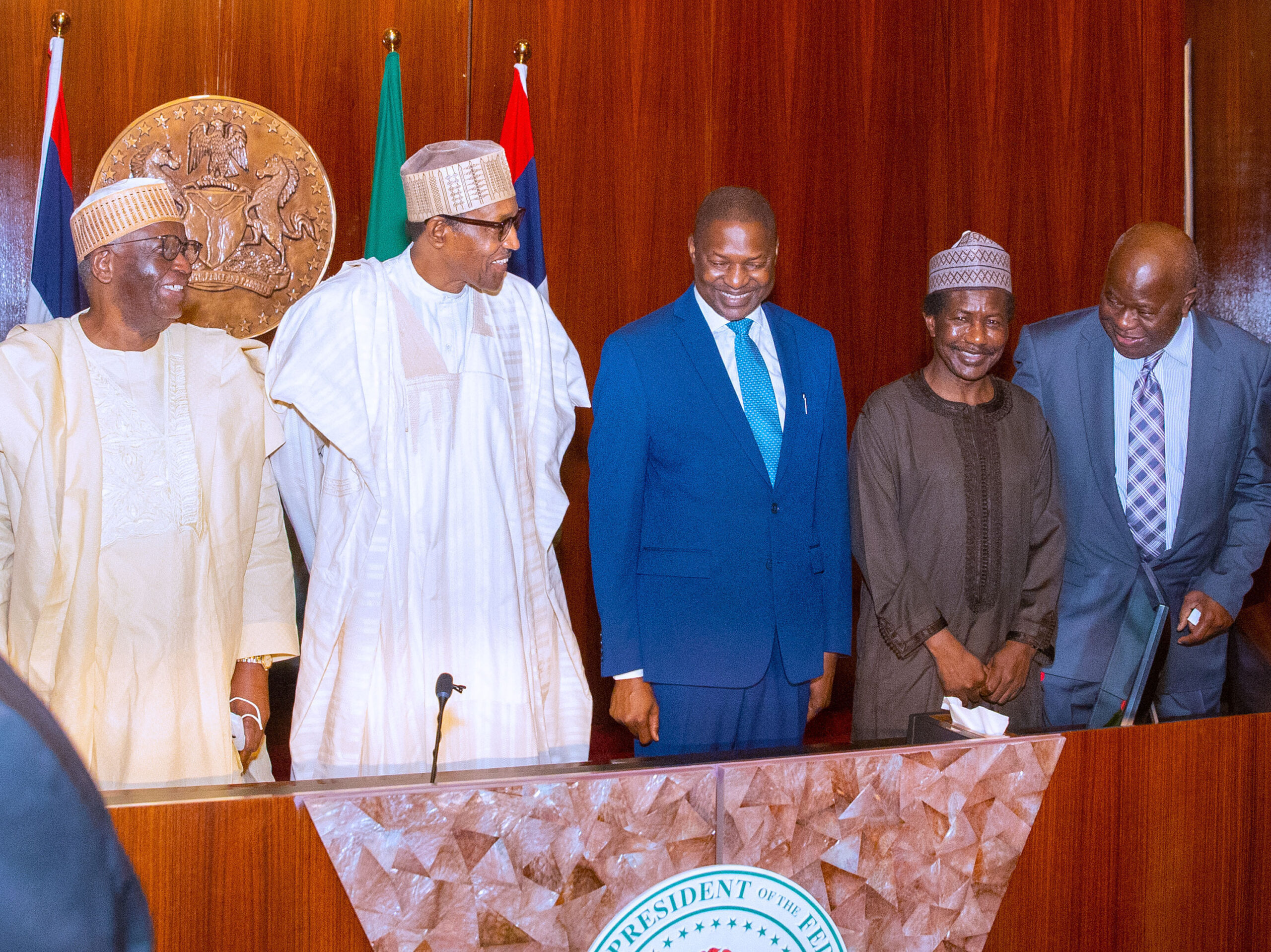
In a bid to prevent poor Nigerians from falling deeper into poverty, the Federal Government said two million people
would start receiving about N20 billion from June this year as basic cash transfers and conditional cash transfers under the National Cash Transfer Programme. Accordingly, each of the two million people will be paid N5,000 under the basic cash transfer and an additional N5,000 under the conditional cash transfer.
A document on the strategic roadmap and activities of the Federal Ministry of Humanitarian Affairs, Disaster Management and Social Development, showed that the number of people receiving cash transfers from the government had been increasing. In 2018, a total of 19 states were covered under the National Cash Transfer Programme. This increased to 24 states in 2019 and moved up to 36 states and the Federal Capital Territory (FCT) in 2022, covering 1.6 million people.
However, the Minister of Humanitarian Affairs, Disaster Management and Social Development, Sadiya Farouq, stated in the document that the number would increase further in June this year. Under the cash transfer scheme, the Federal Government supports poor and vulnerable households with cash monthly.
“By June 2022, we would be paying two million people N5,000 basic cash transfer and an additional N5,000 on conditional cash transfers, which is conditioned on good health-seeking/behaviour, school retention, and good water and hygiene conditions in their environment/homes.
“To date, of this one million targeted by the government, we have been able to pay the sum of N5000 to 850,000 beneficiaries digitally through the Nigeria Inter-bank Settlement System, where each account is carefully validated by the system before payment. One hundred and fifty thousand (150,000) will be paid by the end of April 2022. Each of these beneficiaries is receiving six months of support in cash,” Farouq stated.
The report further indicated that 9.8 million pupils were being fed daily under the National Home-Grown School Feeding Programme, while 127,000 cooks had been engaged and 98 aggregators were supplying various protein products. The controversial school feeding plan of action is one of the four clusters of the National Social Investment Programme (NSIP) which seeks to provide one free daily meal to pupils on the procedure.
The components of the administration’s Social Investment Programmes include the N-Power Programme, the National Home-Grown School Feeding Programme (NHGSFP), the Conditional Cash Transfer (CCT) Programme and the Government Enterprise and Empowerment Programme (GEEP), which consists of the MarketMoni, FarmerMoni and TraderMoni schemes.
In a volatile world, there is strong evidence that social safety net programmes can help to build the resilience of poor families and reduce their poverty, making them a vital instrument for the rapid development of countries. But in Nigeria that is not the case. Corruption scandals, poor design, planning and implementation, politicisation, poor procurement and due process dog the plan.
Proponents of NSIP claim that since it started in 2016, over N650 billion has been disbursed, and the NSIPs have impacted over 42 million Nigerians – that is, over 12 million direct beneficiaries and about 30 million indirect beneficiaries, comprising family members, employees of beneficiaries, cooks, and farmers. These claims, however, are not verified. Even the President’s wife, Aisha Buhari, had criticised the scheme, saying there was little evidence to show that its budget was judiciously utilised.
The NSIP urgently needs reform to make it more effective because the poorest of the poor are not being sufficiently captured by the programme. Investigations should be conducted to identify the beneficiaries and the procedure adopted in selecting them. The National Assembly should be involved in the scheme. Already, several billions have been expended since its inception. That calls for serious concern. The lawmakers have to ensure that the right and interests of these poor Nigerians are protected squarely.
Indeed, in Rivers State, we are yet to identify any beneficiary of any of the Federal Government’s safety net programmes.
If Nigeria can freely disburse N20 billion to poor citizens, why does the country continually embark on a borrowing spree? Rather than share a grossly inadequate N10,000 to each disadvantaged Nigerian, such funds should be invested in tangible projects that would improve access of those living in poverty to essential public services such as water, education, health, and industries, among others.
We cannot continue to promote or inject the nation’s capital into a programme without a review of its success. We must begin to innovatively devise more effective and sustainable support to revitalise our critical sector for Nigeria to achieve appreciable development. While we are not against the payment of social benefits to the poorest of Nigerians, such money must be creatively injected into the economy.
No doubt, Nigerians deserve social safety nets, but the time is not ripe for it until the corruption question is addressed. There are credible complaints about some persons or vested interests, sabotaging or rendering the programmes ineffective. It is proper to review and correct these concerns to ensure accountability. The Economic and Financial Crimes Commission (EFCC) should probe massive fraud and other corrupt practices plaguing the scheme.
Nigeria must begin to devise an effective, creative and sustainable mechanism for social investment to achieve meaningful socio-economic progress in the country. We have a dilapidated critical sector that requires serious attention to pilot our economy, but it is less prioritised. The existing SIPs may not be the only options. The failure to have strong monitoring and evaluation by non-state actors is not helping the situation.
Therefore, there is a need to have more credible civil society organisations and media for independent monitoring and evaluation including responsible legislative oversight to help the government discover the true reflection on this programme and how best to address challenges. These considerations are crucial to create social safety schemes that reach their full potential to reduce poverty, build resilience, and boost opportunities among the poorest people.
Editorial
No To Hike In Telecom Tariffs
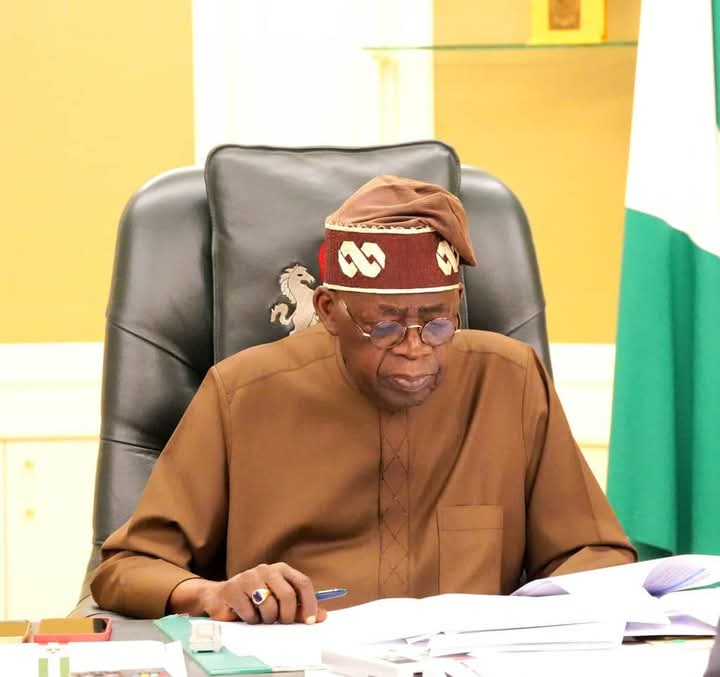
Nigerians are outraged by the Federal Government’s approval of a 50 per cent increase in telecommunications tariffs, with organised labour threatening to mobilise workers to boycott telecom services. The Nigeria Labour Congress (NLC) and the Trade Union Congress of Nigeria (TUC) have described the upcoming tariff as outrageous, lamenting that it will worsen the already harsh living conditions of workers and the masses.
Similarly, the Coalition of Northern Groups (CNG) rejected the hike, stating that it was ill-timed and did not take into consideration the struggles of Nigerians. The Human Rights Writers Association of Nigeria (HURIWA) also criticised the review, calling it an illegal, unconstitutional, and oppressive policy that undermines the fundamental rights and freedoms of Nigerians. It is a difficult moment for the industry.
Recall that the Nigerian Communications Commission (NCC) approved a 50 per cent increase in tariffs for telecom operators last Monday, instead of the 100 per cent raise that operators had requested. This decision quickly angered the consumers’ association, which criticised the government’s approval as not only punitive but also insensitive.
We wholeheartedly agree with the stance of labour and other groups on this very sensitive matter. We unequivocally condemn the 50 per cent increase in telecom tariffs. Though telecom operators cite higher operational costs and inflation as reasons for the hike, the timing and impact raise serious concerns in the current economic situation. It is a blatant attack on the well-being of the Nigerian worker and a betrayal of the people to corporate interests.
Telecommunication services are essential for daily communication, work, and access to information. However, the average Nigerian worker already spends approximately 10 per cent of their wages on telecom charges. For a worker earning the current minimum wage of N70,000, this means an increase from N7,000 to a staggering N10,500 per month or 15 per cent of their salary, a cost that is unsustainable.
This hike exemplifies the government’s apparent ease in prioritising corporate profits over citizens’ welfare. It is shocking that the government approved a 50 per cent tariff increase for telecom companies within a month, yet took nearly a year to approve the recent minimum wage for workers, despite the rising cost of living and inflation eroding purchasing power.
The questions are: When will the government stand up for the citizens it swore to protect? When will the National Assembly rise to its responsibility and hold the Executive accountable for policies that blatantly undermine the welfare of the majority? When will the common man finally heave a sigh of relief in Nigeria? We urge the government, the NCC, and the National Assembly to review the implementation of this ill-advised increase.
It is difficult to understand the state of mind of the managers of the nation’s economy. Sadly, these managers have alienated themselves from the reality of today. How can a government approve a 50 per cent hike in the tariff of telecom services when even the N70,000 minimum wage has been eroded by inflation, electricity tariff hikes, exorbitant fuel costs, transportation, and other social services?
Even if there is a need for an increase, why does it have to be 50 per cent? If, after dialogue, it is agreed that a raise is necessary, we should all consider a more reasonable increase rather than the 50 per cent hike. Fifty per cent is excessive and will only worsen the already harsh living conditions of workers, placing a heavier burden and more suffering on them and the general population.
The recognition of telecommunication services as essential components of modern society cannot be overstated. In an era characterised by rapid digital transformation, these services are fundamental not only for personal communication but also for facilitating broader socio-economic engagement. The proposed tariffs increase in the telecom sector raises critical concerns regarding equitable access to vital services that support communication, education, healthcare, and commerce.
In a democracy, the people should be the central focus of all government actions and policies. Every decision should aim to improve their quality of life. This plan must be carefully scrutinised with the welfare of citizens in mind. An increase in telecom tariffs will negatively impact many Nigerians, as the internet has become an essential tool for business, communication, and daily activities.
The Tide calls for the immediate suspension of the 50 per cent hike in tariffs. Instead, we recommend a more reasonable adjustment of a maximum of 10 per cent, which balances industry sustainability with the current economic realities in the country. We also demand that the NCC engages in genuine, inclusive consultations with consumer advocacy groups, civil society organisations, and other grassroots stakeholders before implementing any tariff adjustments.
Editorial
Hurray, Siminalayi Fubara Is 50!
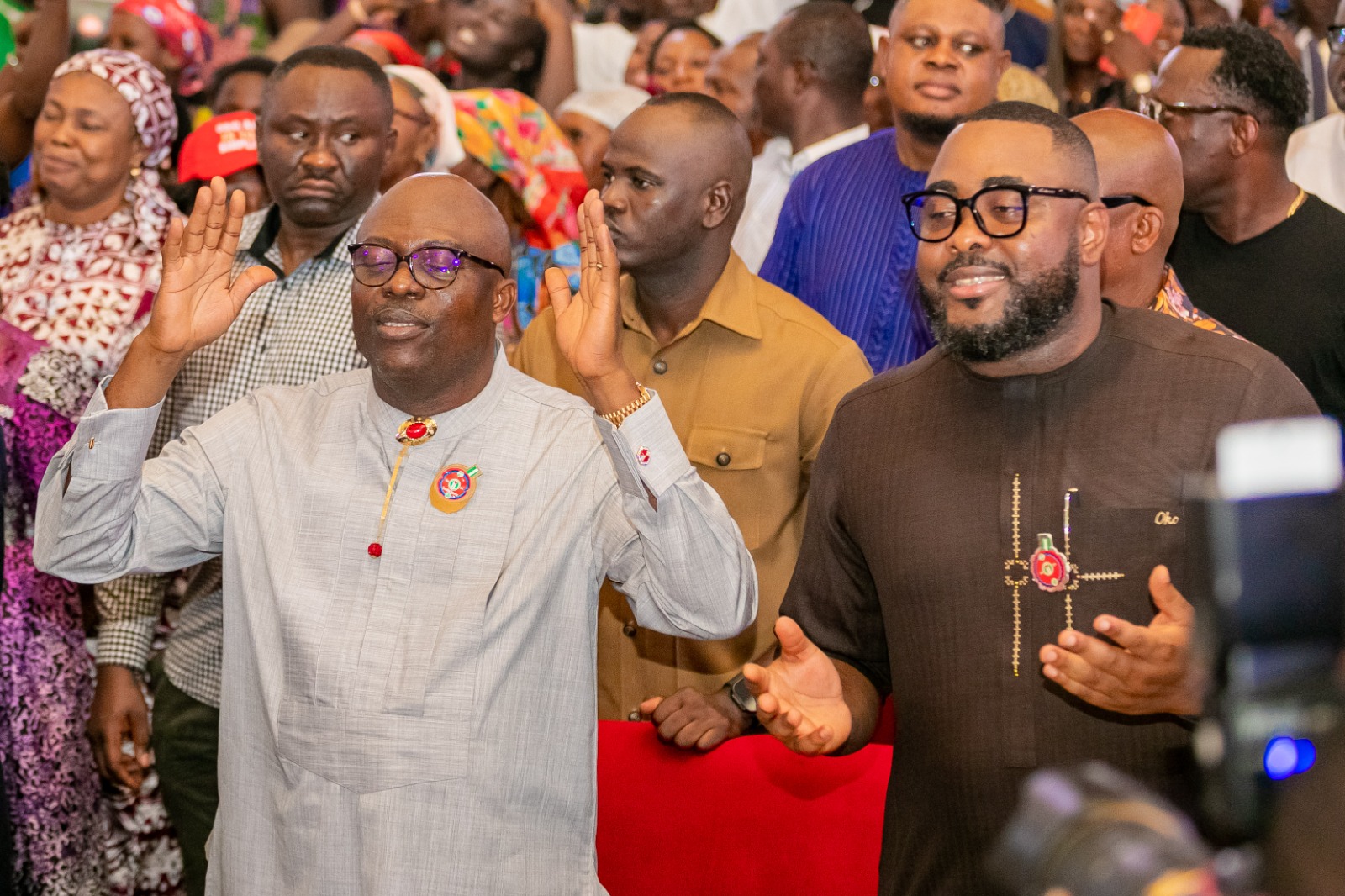
Born on January 28, 1975, in Opobo Town, Mr. and Mrs. Joseph and Love Fubara welcomed their second of five children and first son. His father, a former soldier who completed an overseas training tour of duty, instilled in him a strong sense of discipline and dedication. His mother, a civil servant, taught him the importance of hard work and perseverance.
He received his primary education at Opobo Primary School and continued his studies at Comprehensive Secondary School in Opobo. His passion for numbers led him to pursue a degree in Accountancy at the then Rivers State University of Science and Technology, now known as Rivers State University.
Upon completion of his Bachelor’s degree, he pursued further education and obtained a Master of Business Administration (MBA) and a Master of Science (MSc) from the prestigious University of Port Harcourt in 2013 and 2016, respectively. Fubara’s dedication to his studies and his commitment to personal growth have shaped him into the accomplished individual he is today.
Sim, fondly called by his colleagues, started his career in 2003 as a principal accountant at the Rivers State Senior Secondary Schools Board. His dedication led to his promotion to Director of Finance and Accounts at the Government House in 2015. In March 2020, he was appointed Permanent Secretary and then became the Accountant-General of Rivers State on December 23, 2020.
His achievements are numerous, as he is a Knight of the St. Christopher (KSC) Order of the Church of Nigeria Anglican Communion. Additionally, he holds the prestigious traditional chieftaincy title of Amaopusenibo of Opobo Kingdom. The Governor’s commitment to family is evident through his marriage to Valerie Ibiere Fubara, with whom he shares three beautiful children.
Among Siminalayi’s other significant qualifications and accomplishments are his fellowship with the Nigerian Institute of Management and his fellowship with the Association of National Accountants of Nigeria (ANAN). He holds membership in the Chartered Institute of Forensic and Investigative Auditors. His impressive background has gained him the trust and support of the Peoples Democratic Party (PDP), leading to his victory in the party’s governorship primaries for the 2023 general elections.
Fubara embodies a leadership style defined by simplicity and compassion. He exhibits patience, confidence, and empathy in his interactions with those he serves. His humility and faith in God make him trustworthy. Representing the younger generation, Sim leads with the slogan “Consolidating and Continuing the New Rivers Vision,” focusing on developing infrastructure, healthcare, education, security, agriculture, and investment opportunities for Rivers State.
The bravery exhibited by His Excellency in resisting godfatherism has attracted respect from a wide array of Nigerians, Africans, and supporters of democracy around the world. He emphasises serving the interests of the people of Rivers over any godfather. His actions unify diverse groups in the state, promoting a sense of belonging among various ethnicities.
Our affable Governor exemplifies robust moral leadership rooted in his Christian beliefs. As a devoted Knight, he shows compassion and selflessness in his governance. He fosters an environment where all religions can peacefully coexist. Fubara sponsored Muslim pilgrims for the 2024 Hajj and personally wished them well, encouraging them to pray for the state and Nigeria. His religious tolerance has earned him respect among Nigerians who value coexistence.
Moreover, the Governor’s appealing physique and charming smile have garnered admiration from many Nigerians, who view physical beauty as a reflection of inner qualities. His tall stature has solidified his status as a revered figure, commanding respect across the nation. Fubara has shown dedication to women’s issues by initiating several programmes in collaboration with the Women Affairs Ministry and the Office of the First Lady, highlighting his strong commitment to women’s empowerment and gender equality.
Sir Fubara has focused on actively involving young people in his governance by launching entrepreneurship and training schemes, notably the Rivers State Youth Empowerment Scheme. His efforts to support youth have earned him the backing of many young Nigerians. Additionally, he provides scholarships and makes donations to orphanages, demonstrating his commitment to investing in education for the benefit of children in the state.
Known for his strong commitment to national unity, this Governor reaches out to Nigerians from various backgrounds. As a state Governor, he demonstrates great nationalism by supporting citizens from other states, especially in Rivers. He respects the rule of law and democratic values, which has enabled past local government chairmen to complete their terms without issues. His effective management of Rivers State’s resources promotes transparency and accountability.
Despite facing numerous distractions, the Rivers Chief Executive has made remarkable strides in steering the state’s affairs, reflecting his unwavering focus and commitment to delivering results. He has encountered challenges but remains dedicated to his vision for a better state. His peaceful and caring leadership style has made him popular, inspiring new leaders to emulate similar qualities. By being strong yet compassionate, he has redefined the concept of leadership. Fubara’s selfless nature prioritises the state’s needs above his own. This has earned him widespread support.
As he commemorates his Golden Jubilee birthday today, even the most ardent critics, adversaries, and accusers cannot overlook that he embodies a worthy precursor in every sense.
Happy Birthday, His Excellency!
Editorial
Fubara’s 2025 Budget Of Inclusive Growth
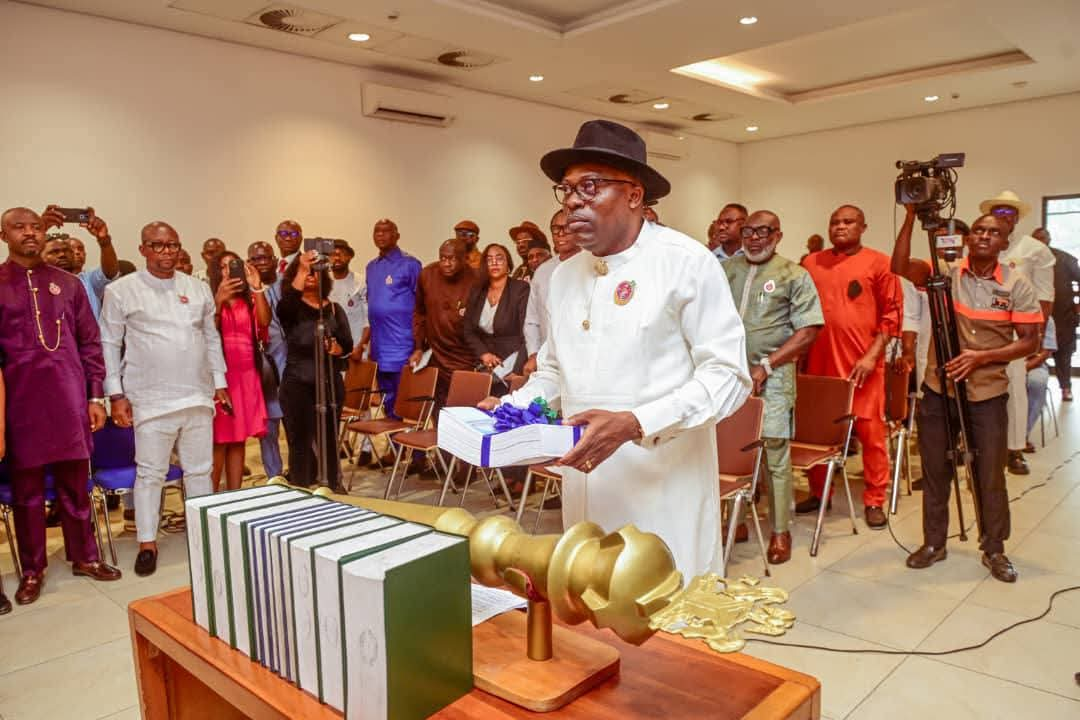
-
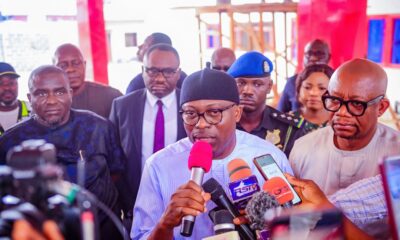
 News5 days ago
News5 days agoFubara Lauds Tinubu For Setting Up Education Load Fund … Vows To Ensure Rivers Benefit Maximally From Scheme
-

 Business4 days ago
Business4 days agoTinubu’s RHI Doles Out N50m To 1,000 Kwara Petty Traders
-
Business5 days ago
NIBSS E-payment Rose By 59% In 2024 – NIBSS
-
Nation4 days ago
Fubara, Selfless, True Democrat-APP
-
News5 days ago
Judiciary Press Corps Refutes Online Publication Against Rivers Chief Judge
-
Business4 days ago
Economic Reforms, Determinant To Manufacturing – MAN … AI Adoption As Game Changer
-

 News5 days ago
News5 days agoLet’s Approach Regional Development Issues Differently – Fubara …As S’South Govs Host Fubara To 50th Birthday Celebration
-
Niger Delta5 days ago
A’Ibom Police Enforces Anti-Grazing Law

